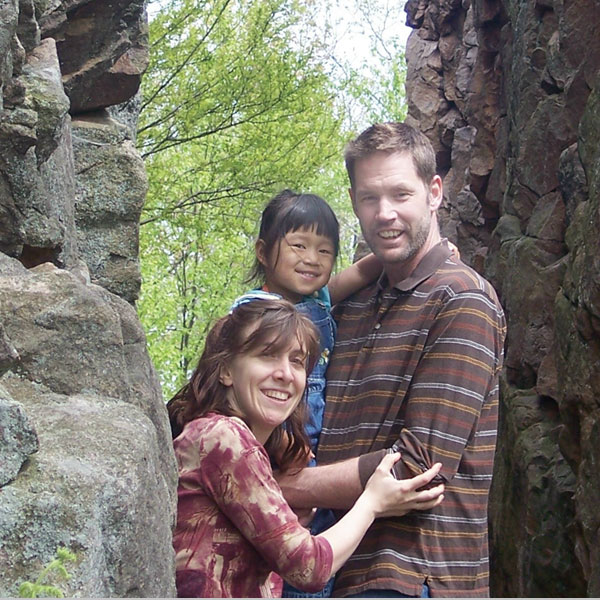I live in a fairly close-knit community in New York City, with my husband and daughter, who we adopted from China. Our neighborhood has an online message board that is used by more than 600 families. Many of the members have nothing more than a geographical location and parenthood in common. But our online village helps to ease the anonymity of an urban setting. Even arguments maintain some decorum, because we sign our names, along with the names of our kids.
Recently, the mother of two Guatemalan girls posted a petition regarding the potential shutdown of adoptions from Guatemala. Such forwarded links are common — people either click on them or ignore them. But the media have been tough on international adoption lately, and this post sparked an intense debate. Still, being among neighbors who knew they’d meet at a store or the park eventually, the debate stayed fairly civil.
But then came an anonymous post by “sb700,” which read: “Can’t you just adopt a poor child in the United States? Why is it so important to buy foreign children?”
For once, I resisted answering. But the next day, he (or she) added another message: “Oh, wait, some people do buy their babies. Anyway, what is the big deal? Why is it so terrible to point out that there is a financial component to adopting other people’s children? And that the U.S. dollar goes further in poor countries? The adoption purists will not be satisfied until we award them all medals for selflessly helping starving urchins from abroad.”
In the years since we adopted Alida, I’ve heard some pretty stupid comments, and I’ve tried my best to handle them. On a family vacation to Sesame Place, I heard a passer-by quip, “I wonder if it’s fashionable in China to have an American baby.” I ignored him. When our family barber asked, in front of my preschooler, “Couldn’t you have your own kids?” I shot back. I told him that my daughter was my own kid, and that he might find it intrusive if I asked whether his wife’s pregnancies were the result of birth control failures. He got the point and remains a friend.
What I didn’t realize at the time was that my family was “safe” from these people. They were strangers we’d never see again, or well-meaning neighbors we could educate. But anonymity is a mighty shield — one that my neighbor, sb700, had used to its full extent. How could I deal with this unidentified, but very local, hatred? Was sb700 someone whom I (or another adoptive parent) had offended in the past? Was his or her child punched or outsmarted by a child born in another country? Was my neighbor merely annoyed by Angelina Jolie?
I tried to avoid engaging this person, as I’d been counseled to do. But I couldn’t let sb700 have the last word so publicly. So I hit “reply,” and sent a lengthy response:
“Of course, there is a financial component to adopting children, just as there is a financial component to giving birth. Did you pay the doctor, hospital, or other birth-support people who helped bring your child into the world? I paid a social worker and a nonprofit adoption agency to help bring my daughter home.
“Did you pay for food, clothing, and medical care for the first 10 months of your child’s life? I paid a Chinese orphanage a nationally standardized fee, after it provided that care for the first 10 months of my child’s life.
“Did you pay filing fees for your child’s birth certificate or social security card? I paid American and Chinese government filing fees for those same papers, plus citizenship and adoption documents.
“That’s it. In total. Not a cent of compensation went to the birth parents. There were no bribes, no cash under the table. In fact, these expenses may have been lower than the costs of an uninsured pregnancy, birth, and the first 10 months of life with a child in the United States. Did you ‘buy’ your child when you paid these expenses? Neither did I.
“Adoption is about love, sb700. Just as all real families are about love. You either get this, or you don’t. But those who get it are infinitely more blessed in this world.”
No reply, at least not yet. I wish I could end this story by saying that I made peace with the situation, protected Alida from misperceptions, and helped sb700 overcome hatred. But I can’t. Nor can I stop trying.



